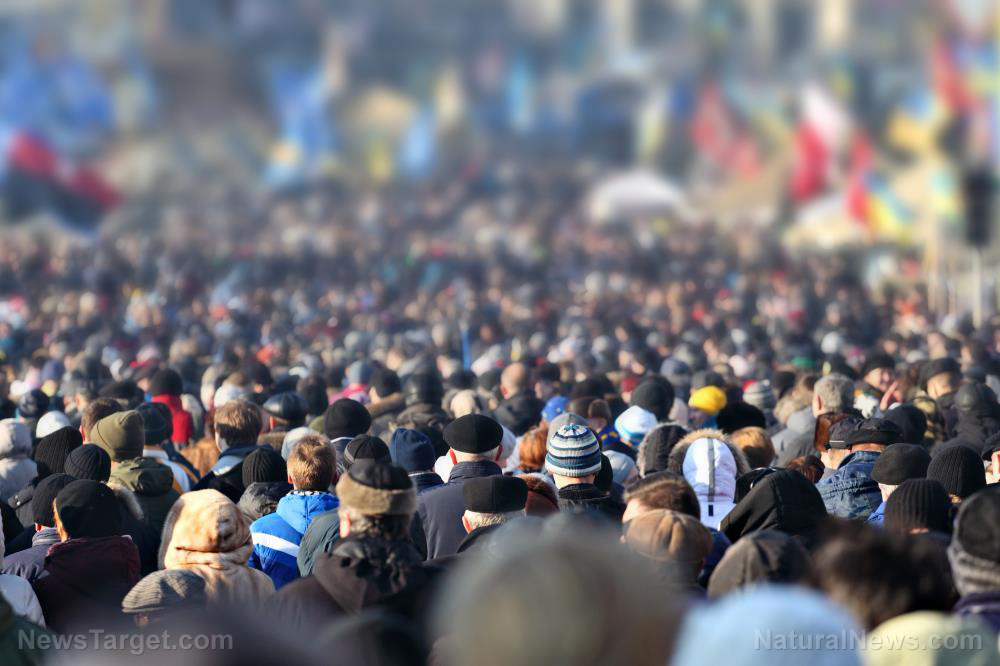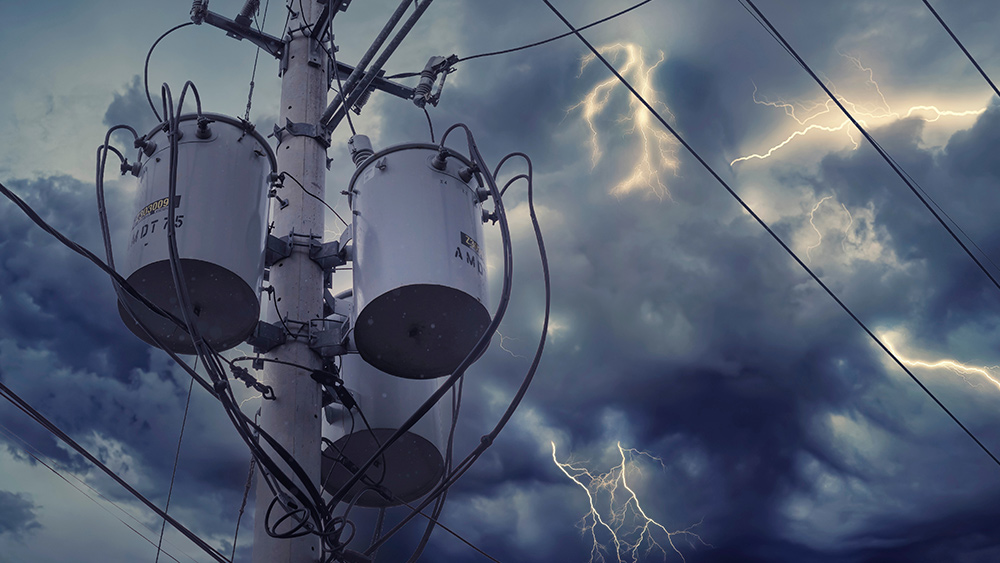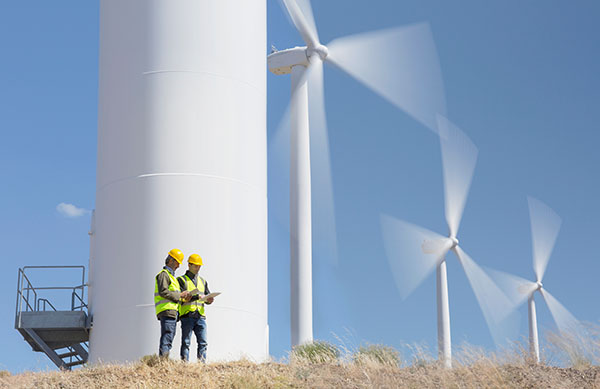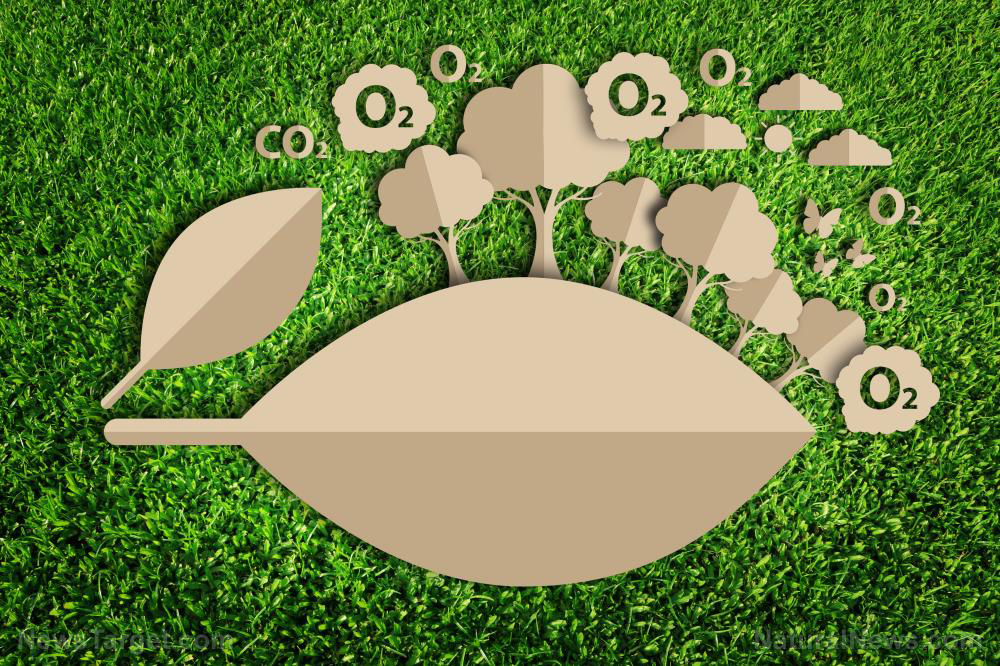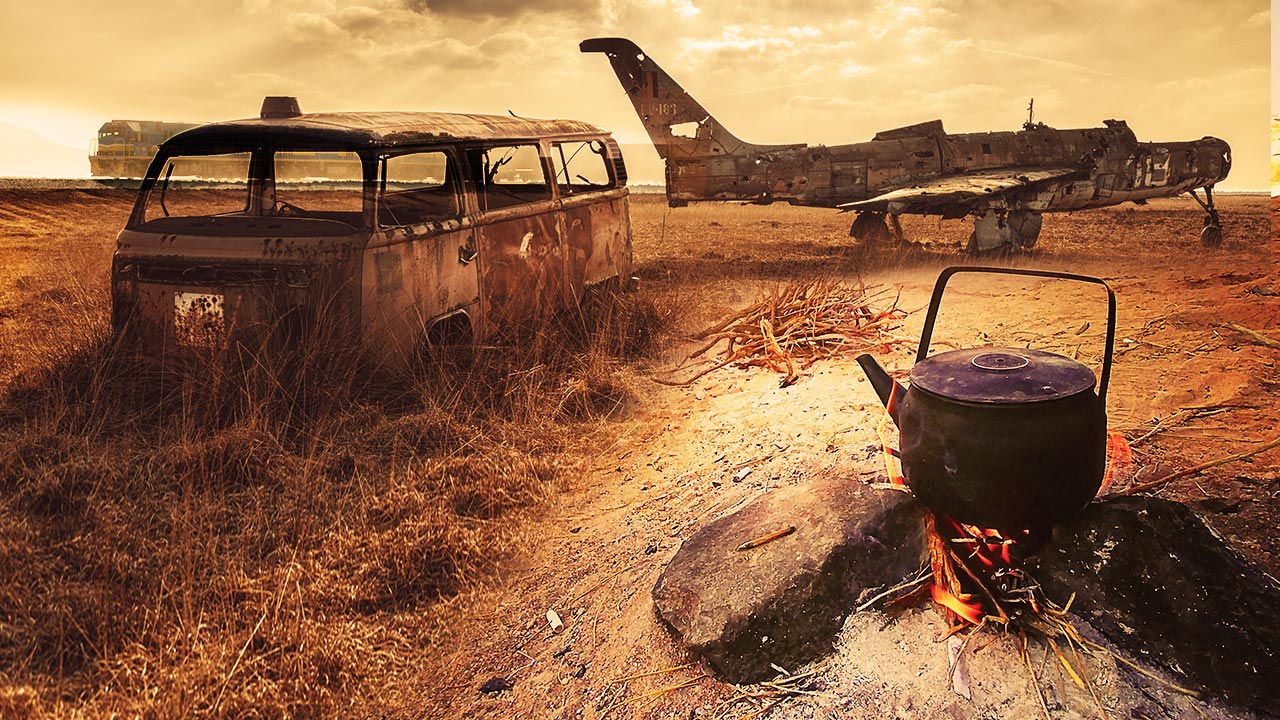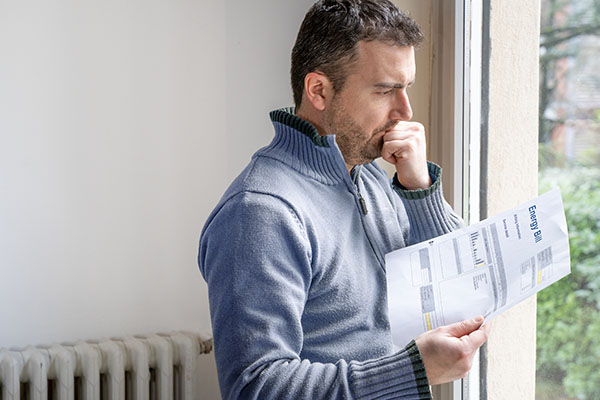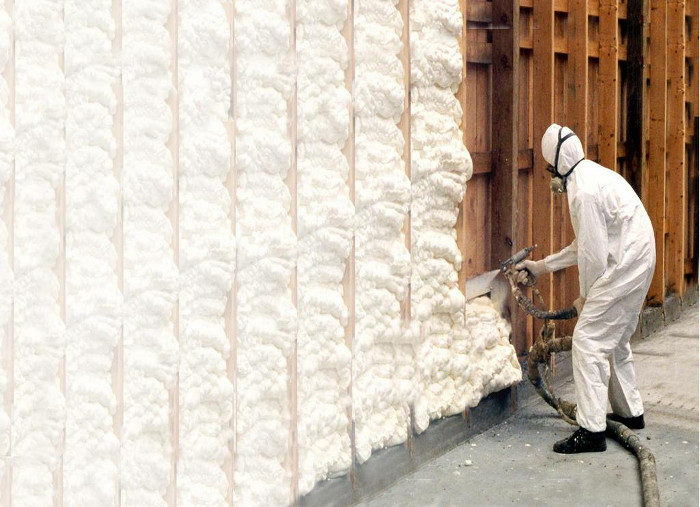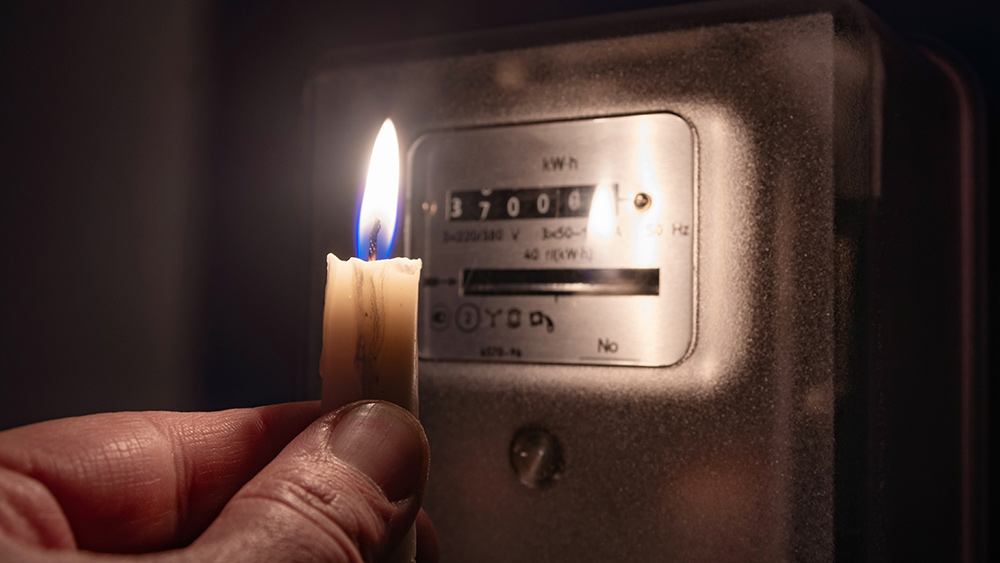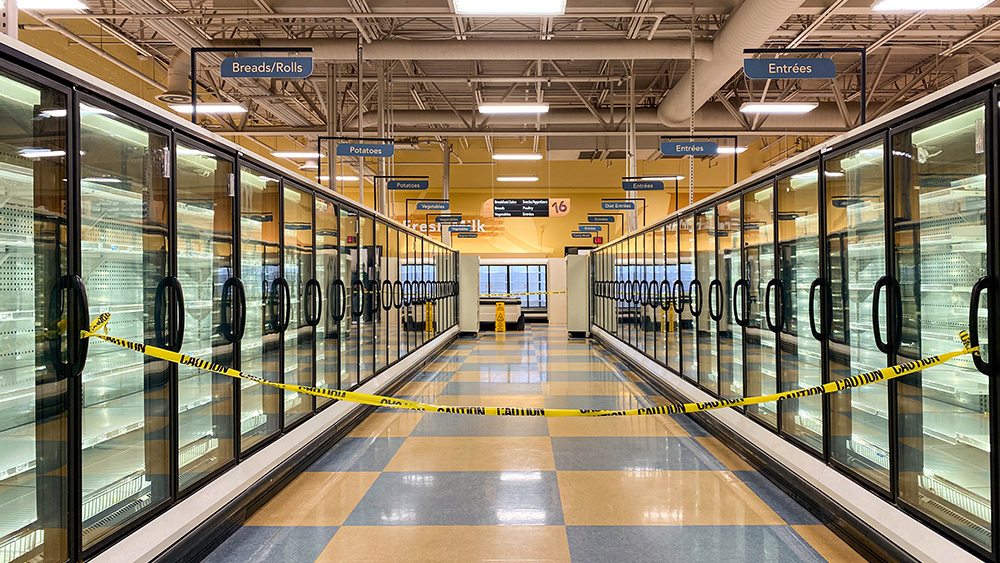5 Simple tips to save energy, money and the environment
01/23/2023 / By Olivia Cook

When you consume less power like electricity, you help conserve the planet’s natural resources. You can use less energy to get the same job done with these simple, practical tips.
Switch to energy-efficient lighting
While compact fluorescent lamps (CFLs) and light-emitting diodes (LEDs) are both significantly more energy-efficient than incandescent light bulbs, choosing LEDs is the way to go.
CFLs use 25-35 percent of the energy used by incandescent bulbs while LEDs use 75 percent less energy than incandescent bulbs. In terms of efficiency, a 16.5-watt LED is equivalent to a 20-watt CFL. LEDs are also cool to the touch compared to CFLs and incandescent bulbs that generate most of their energy in heat.
The average lifespan of CFLs is about 8,000-15,000 hours, compared to the 25,000-35,000-hour lifetime of LEDs. This means you spend less money and time replacing them.
Switch to appliances with ENERGY STAR label
The Environmental Protection Agency (EPA) gives products the ENERGY STAR label when they meet strict energy efficiency specifications and contribute to significant energy savings. (Related: “Smart” windows made from common glass and cheap nanocrystals.)
Unplug electrical appliances when not using them
The Department of Energy (DoE) estimates you could save 10 percent every month or anywhere between $100-$200 each year by unplugging appliances you’re not using and this practice can also increase the useful life of your belongings.
Even when you’ve turned off the household appliances or put your devices on standby or sleep mode, they’re still sucking up energy in small increments and increasing your monthly bills. And the more items you have plugged in around your home, the more susceptible these items are to damage through unexpected power surges and wear and tear.
Hand wash your dishes the way your grandma did it
Have two bins in your kitchen sink. Soak all your dishes in the soaking bin that has soapy water, where water and soap can help loosen up the caked-on leftovers on your dishes. Once they’ve been there for a short while, they’re easier to clean with a sponge before giving them a rinse in your bin with clean rinse water.
Following your grandma’s strategy will decrease the amount of time you spend at the sink and the amount of heated water you use as well.
Psychologist Dr. Aric Sigman found that doing the dishes by hand can have a similar effect on one’s mental health as visiting a spa. In a study conducted with 51 students published in the journal Mindfulness, researchers at Florida State University have found that mindfully handwashing dishes (focusing on smelling the soap, feeling the water temperature and touching the dishes) calms the mind and decreases stress as you go into it with the right attitude.
The researchers reported that mindful handwashing dishes upped feelings of inspiration by 25 percent and lowered nervousness levels by 27 percent. (Related: Bacteria from cold environments may prove useful in making green, energy-saving detergents.)
Line-dry your laundry
It’s a no-brainer that a simple clothesline allows you to dry your clothes, linen and fabrics for free using the power of the sun and the wind.
Line-drying prolongs the life of your clothing and reduces wrinkles that may appear and lowers your gas or electric bill. It also reduces the average household’s carbon footprint by as much as 2,400 pounds a year, lowers the risk of a home fire and gets you outside for your supply of the sunshine vitamin that can help alleviate depression, improve immunity, increase social relationships and more.
A study published in the International Journal of Research suggests that line-drying will keep you physically active as you can burn almost 70 calories after 15 minutes of hanging laundry or removing it from the clothesline.
Visit Power.news for more stories like this.
Watch this video as Alex Epstein, author of “Fossil Future,” tells Glenn Beck about the five steps to save energy.
This video is from the High Hopes channel on Brighteon.com.
More related stories:
Emergency preparedness: How to survive an energy crisis.
Practice energy efficient cooking and baking.
Sources include:
InternationalJournalOfResearch.com
Submit a correction >>
Tagged Under:
CFL lights, electricity, energy crisis, ENERGY STAR label, energy supply, green living, homesteading, LED lights, line-drying, off grid, power, power grid, preparedness, self sufficiency, survival, tips
This article may contain statements that reflect the opinion of the author
RECENT NEWS & ARTICLES
COPYRIGHT © 2022 EnergySupply.news
All content posted on this site is protected under Free Speech. EnergySupply.news is not responsible for content written by contributing authors. The information on this site is provided for educational and entertainment purposes only. It is not intended as a substitute for professional advice of any kind. EnergySupply.news assumes no responsibility for the use or misuse of this material. All trademarks, registered trademarks and service marks mentioned on this site are the property of their respective owners.

